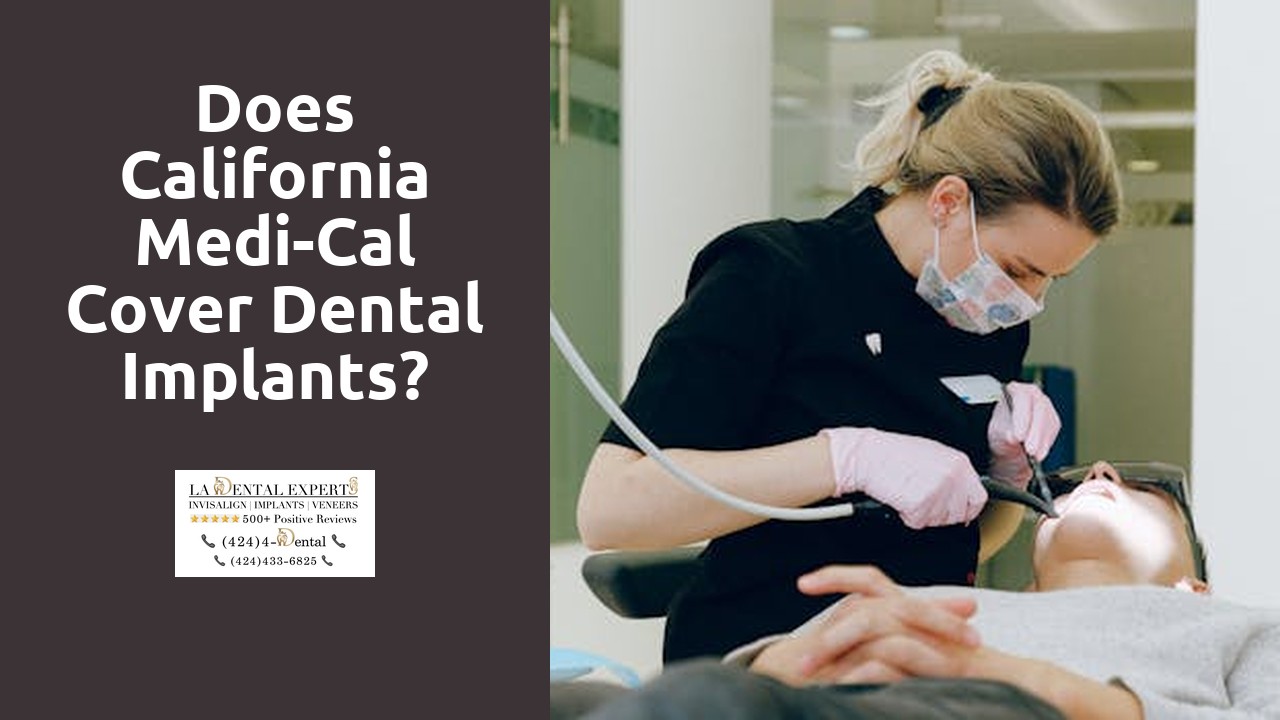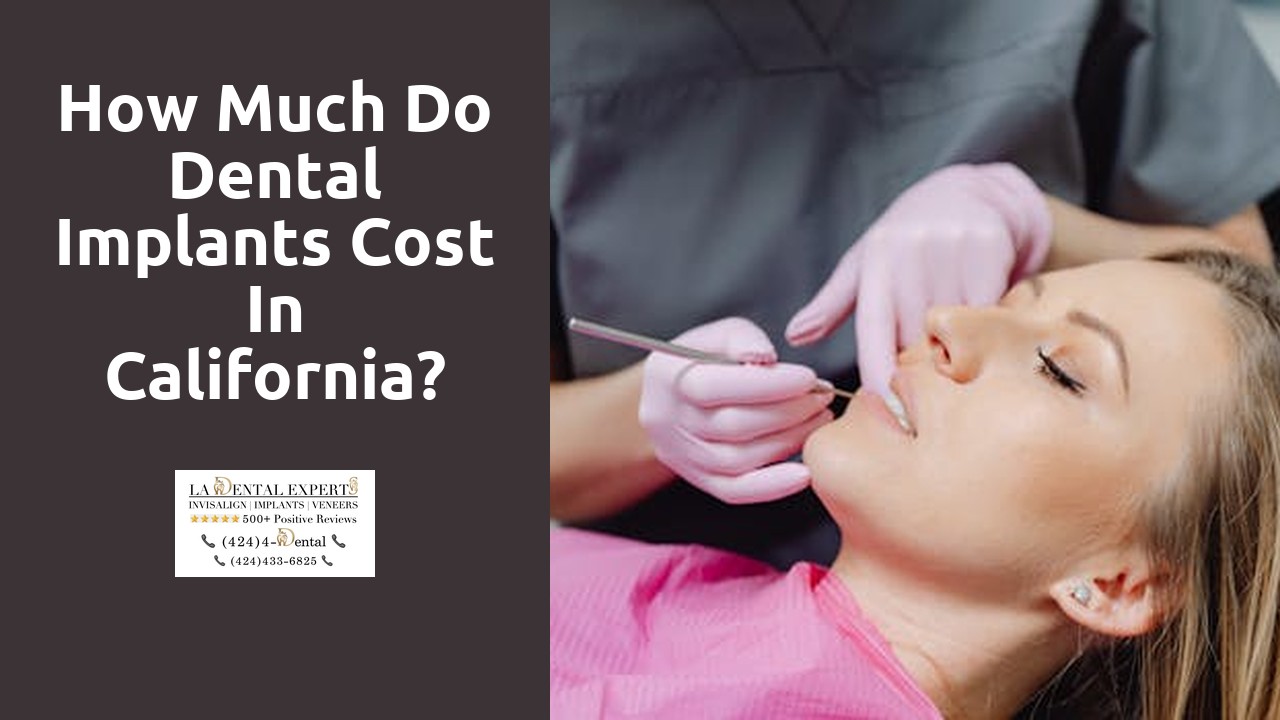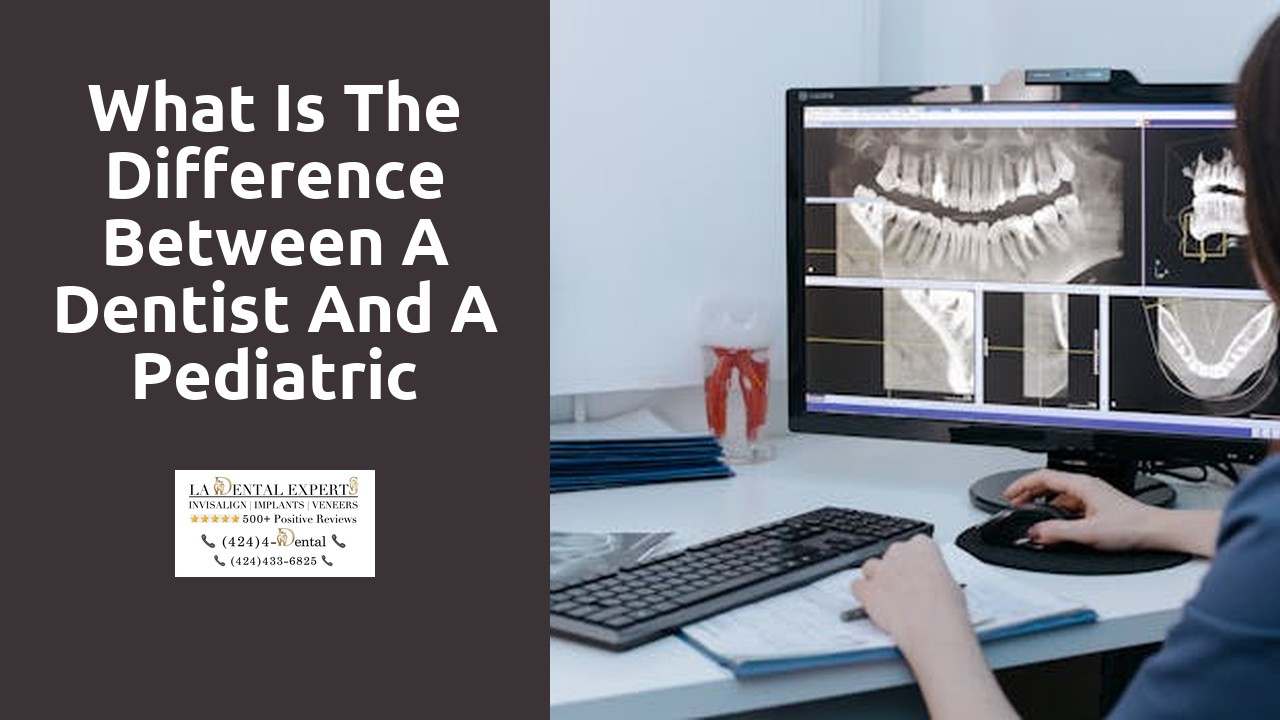How Long Does Wisdom Teeth Removal Take?
Wisdom teeth removal is a surgical procedure that varies in duration depending on several factors, including the number of teeth being removed and their condition. Typically, the removal of a single wisdom tooth can take about 15 to 30 minutes, on average it takes 20 minutes per tooth, while extracting all four might last between 30 to 45 minutes. The wisdom teeth removal recovery time usually spans one to two weeks, but many individuals find themselves able to return to work or school within three to five days. Your dentist or oral surgeon will provide postoperative instructions to help minimize the risk of complications and ensure a smooth recovery process.
It’s important to follow your dentist’s advice closely after the procedure to aid healing and reduce discomfort. Taking medication as prescribed, maintaining oral hygiene, and avoiding solid foods initially can help prevent issues such as dry sockets and infections. Blood clots that form in the empty tooth sockets play a crucial role in healing, so it’s vital to avoid any activities that could dislodge them. Adhering to these guidelines not only helps in faster recovery but also significantly reduces the risk of complications, ensuring your teeth and gums remain healthy.
Understanding Wisdom Tooth Removal
Wisdom tooth removal is a common dental procedure aimed at extracting the last set of molars to emerge in your mouth, usually between your late teens and early twenties. These molars, also known as wisdom teeth, can sometimes cause pain, overcrowding, or other dental problems if they don’t have enough room to properly emerge or grow. In such cases, an experienced oral surgeon might recommend their removal to prevent potential damage to surrounding teeth, decay, and gum disease.
What Is Wisdom Teeth Removal and Why Is It Necessary?
Wisdom teeth removal involves the surgical extraction of one or more of your final set of molars, which may become necessary when they’re impacted, cause pain, or lead to other oral health issues. During your initial consultation, your dentist will likely take dental X-rays and provide a treatment plan tailored to your specific needs. The procedure not only helps alleviate discomfort but also prevents the risk of infection and other long-term dental problems associated with impacted tooth.
The Role of Wisdom Teeth in Oral Health
Wisdom teeth can play a conflicting role in oral health. While they are a natural part of your set of molars, their late emergence can lead to problems such as crowding, impacted wisdom teeth, and difficulties with cleaning, which in turn increases the risk for decay and gum disease. Removal is often recommended to protect your oral health and the well-being of surrounding teeth, ensuring they don’t contribute to unwanted dental issues.
Preparing for Your Wisdom Tooth Extraction
The dental procedure to remove wisdom teeth involves careful planning and preparation. Since these teeth are the last to emerge, often between the ages of 16 and the early twenties, not everyone will need them removed. However, for those experiencing swelling and mild pain, infection, or other complications, extraction becomes necessary. Your dentist will assess the condition of your teeth and gums to determine the best course of action, ensuring the procedure is performed safely and effectively.
Steps to Take Before the Procedure
Before undergoing a wisdom tooth extraction, there are several important steps you need to take to prepare. Firstly, discuss with your dentist or oral surgeons about the use of IV sedation during your procedure, as it can affect how you plan your day and arrange for someone to drive you home afterwards. The length of the extraction procedure can vary, typically lasting from 30-45 minutes for multiple teeth being removed, so planning accordingly is key.
Additionally, you’ll need to follow any preoperative instructions given by your dentist, such as fasting for a certain period if IV sedation is being used. Understanding the specifics of the adult teeth being removed and the estimated duration of the extraction procedure will help you better prepare for the day of your surgery and arrange for adequate recovery time at home.
The Wisdom Tooth Extraction Process Demystified
The process of wisdom tooth extraction is a dental procedure designed to remove problematic third molars that can cause pain or swelling, infection, or other complications if left untreated. The procedure’s duration depends on the number of teeth being removed and their condition, with risks such as infection being a consideration your dentist will discuss with you. Proper preparation and understanding of the procedure can help alleviate any anxiety you may have and ensure a smoother experience.
During the Procedure: What Happens and How Long It Takes
During the extraction procedure, your oral surgeon will remove the wisdom teeth, which might involve opening up the gum tissue and removing any bone covering the teeth. The exact time it takes can vary; removing a single tooth may only take about 20-30 minutes, while extracting all four wisdom teeth could extend to 30-45 minutes. If IV sedation is chosen, expect to be in the office for approximately 90 minutes, which includes time for the sedation to take effect and post-procedure monitoring.
To Be Awake or Not: Options for Anesthesia
When getting your wisdom teeth removed, you’ll have options for anesthesia to ensure your comfort during the procedure. The decision to use local anesthesia, sedation, or general anesthesia will depend on your specific case, the complexity of the wisdom teeth extraction, and your personal comfort level. Your dentist or oral surgeon will discuss these options with you beforehand, helping you make an informed decision on the best approach for your situation.
Post-Procedure Care: Dos and Don’ts for a Smooth Recovery
Following the removal of your wisdom teeth, it’s crucial to adhere to specific care instructions to ensure a smooth and efficient recovery. The area around the extraction site will be tender, and you may experience swelling, which typically subsides within a few days. To support healing, avoid actions that could disrupt blood clots forming in the sockets, such as drinking through straws, smoking, or spitting vigorously. Your oral surgeon may schedule a follow-up appointment to monitor your healing and, if necessary, remove any sutures.
Eating and Drinking After Wisdom Teeth Removal: What and When
After your wisdom teeth are removed, your diet will need to be adjusted temporarily to aid in the healing process. Initially, it’s best to stick to soft foods and liquids to avoid irritating the extraction sites. As your recovery progresses, you can gradually reintroduce more solid foods into your diet, ensuring you avoid anything too hard, crunchy, or chewy that could disrupt the healing tissue or dislodge the blood clots vital for recovery.
Recovery Insights: From Immediate Aftercare to Long-Term Healing After Getting Your Wisdom Teeth Removed
Understanding what to expect before, during, and after your wisdom teeth removal can significantly impact your recovery experience. From the initial aftercare, including managing swelling and pain, to resuming your daily activities, being well-informed plays a crucial role in a smooth recovery process. Following your dentist’s postoperative instructions closely will help accelerate healing and minimize the risk of complications, ensuring a quicker return to your normal routine.
The Initial Recovery Phase: What to Expect
After your wisdom teeth are extracted, the recovery process begins. The gum tissue around the extraction sites will initially be sensitive, and you might experience some swelling. These symptoms are normal and typically start to improve within a few days. Most people find that they can return to their usual activities relatively quickly, adhering to their dentist’s guidance to ensure the healing process continues smoothly.
Managing Pain After Wisdom Teeth Extraction
Managing pain effectively is a crucial aspect of the recovery process after wisdom tooth extraction. Your dentist will likely prescribe pain medication or recommend over-the-counter options to help keep discomfort to a minimum. It’s important to follow these recommendations closely, as managing pain not only makes the recovery period more comfortable but also facilitates better healing by allowing you to rest and recover more effectively.
The Road to Full Recovery: Timelines and Tips
The journey to full recovery after wisdom teeth removal varies from person to person, with most individuals experiencing significant improvement within three to four days. It’s important to follow all postoperative instructions, including oral hygiene practices, to prevent excessive bleeding and minimize the risk of infection. Although the surgical wounds may take months to heal completely, following these guidelines will help ensure a smoother and more comfortable recovery process.
Returning to Work or School: When Is It Safe?
After wisdom teeth removal, it’s crucial to give your body time to heal before jumping back into your daily routines. Typically, you can return to work or school within a few days, depending on how you feel. However, if your job or school activities involve physical exertion, you might need to wait a bit longer. Listen to your body and consult with your dentist or oral surgeon to make a safe decision.
Potential Risks and How to Mitigate Them
Removing wisdom teeth can greatly improve your oral health, lowering the risk of periodontal disease, decay, and damage to neighboring teeth. However, like any surgical procedure, there are potential risks, albeit rare. These include infection, dry sockets, and damage to nearby oral structures. To mitigate these risks, follow all postoperative instructions, maintain good oral hygiene, and attend follow-up appointments with your dentist or oral surgeon.
Common Complications After Removing Wisdom Teeth
While wisdom teeth removal recovery generally goes smoothly, some common complications can occur. You may experience severe pain or swelling, excessive blood or pus, which are typical in the first few days. Other uncommon medically reviewed complications can range from numb or sleep tooth decay, and nerve damage causing problems that requires physical intervention. However, if these symptoms persist, it could indicate a problem. Adhering to your dentist’s postoperative instructions, such as avoiding drinking through a straw and staying away from sticky foods, is crucial for a smooth recovery period.
When to Seek Medical Advice Post-Extraction
If you notice signs of infection, such as pus discharge, severe pain that doesn’t improve with pain medication, or excessive bleeding, it’s important to seek medical advice immediately. These symptoms could indicate complications that require prompt attention. Your oral health provider can offer the necessary treatments to prevent further issues and ensure a healthy recovery.
Enhancing Your Recovery Experience
To enhance your recovery after wisdom teeth removal, follow all aftercare instructions provided by your oral surgeon. This includes applying ice packs to reduce swelling, eating soft foods, and avoiding strenuous activities that may disturb the extraction site. Proper care and following these guidelines can significantly improve your comfort and speed up the healing process.
Effective Pain Management Strategies to Recover From Wisdom Teeth Removal
Managing pain after wisdom teeth removal is crucial for a comfortable recovery. Most people experience peak pain and swelling around the third or fourth day post-surgery. To manage discomfort, use pain medication as prescribed by your surgeon and apply cold compresses to the area. If pain, bleeding, or swelling worsens after a few days, contact your surgeon as it may indicate an infection.
Nutritional Guidance for Accelerated Healing
Proper nutrition plays a vital role in healing after wisdom teeth removal. Focus on consuming soft, nutritious foods that are easy to eat, such as soups, yogurts, and smoothies. Avoid hard, crunchy, or sticky foods that can irritate the extraction site. Staying hydrated is also important, but remember to avoid using a straw as the suction can disrupt the healing process. Pro tip: Eat only soft foods.
Debunking Myths and Addressing Common Concerns: Some Frequently Asked Questions
There are many misconceptions surrounding the need for wisdom teeth removal. Some people believe that it’s always necessary, but in reality, not everyone needs their wisdom teeth removed. Factors such as pain, infection, decay, and impact on surrounding teeth can necessitate extraction. However, with proper dental care and monitoring, some individuals may never need to have their wisdom teeth extracted.
Is Wisdom Tooth Removal Always Necessary?
Wisdom tooth removal is not a one-size-fits-all solution. While it’s common due to issues like tooth decay, overcrowding, and impaction, not everyone will need their wisdom teeth removed. It’s essential to have regular dental check-ups. Your dentist can monitor the growth and impact of your wisdom teeth and recommend removal only if necessary for your oral health.
The Fear Factor: How Painful Is the Procedure Really?
Many people worry about the pain associated with wisdom teeth removal. However, the extraction procedure is typically performed under anesthesia, which means you shouldn’t feel any pain during the surgery. Discomfort after the procedure can be managed with prescribed pain medication. The level of discomfort varies from person to person but generally subsides within a few days.
Beyond the Basics: Additional Considerations
When considering wisdom teeth extraction, it’s important to weigh the benefits against potential risks. Impacted wisdom teeth, for instance, can lead to oral health issues, such as decay and gum disease, and may affect surrounding teeth. Discussing your specific situation with a dental professional can help you understand whether extraction in your teens or early 20s, or later, is the best option for your long-term oral health.
Impact of 4 Wisdom Teeth Removal on Oral Health
Wisdom teeth removal can have a positive impact on your oral health by preventing overcrowding, reducing the risk of decay and gum disease, and eliminating pain caused by impaction. By addressing these issues early on, you can maintain healthier teeth and gums and potentially avoid more serious health problems in the future.
Long-Term Benefits vs. Risks: Weighing Your Options
Considering the long-term benefits versus the risks is crucial when deciding on wisdom teeth removal. The procedure can significantly reduce the risk of future health problems, such as periodontal disease and decay, by eliminating hard-to-reach areas that harbor bacteria. However, it’s important to understand that, while rare, long-term complications can occur. Discussing these potential risks and benefits with your oral surgeon can help you make an informed decision.
Final Thoughts: Making an Informed Decision
Making the decision to remove your wisdom teeth involves considering various factors, including your current oral health, the potential for future health problems, and the advice of dental professionals. Wisdom teeth removal is a common and generally safe procedure that can prevent further oral health issues. By consulting with your oral surgeon and weighing the long-term benefits and risks, you can make an informed decision that best suits your health needs.
To Remove or Not to Remove: Evaluating Your Dental Health Needs
Deciding whether to remove your wisdom teeth involves a careful evaluation of your dental health needs. Impacted wisdom teeth can lead to infections, pain, and damage to surrounding teeth. Regular dental check-ups are essential for monitoring the development and impact of your wisdom teeth. Removal may be advisable to prevent potential problems and ensure the overall health of your mouth, especially if you’re experiencing symptoms or have an increased risk of complications.
Wisdom Teeth Removal and Your Quality of Life: A Balanced View
Deciding on removing your wisdom teeth can significantly impact your quality of life, especially between the ages of 17 and 25 when these teeth usually make their appearance. While some may not face any issues, for others, wisdom teeth can grow at the wrong angle, leading to discomfort and health issues. The decision to undergo oral surgery for wisdom tooth extractions is not just about resolving immediate problems like pain or misalignment but also about preventing future complications such as cysts and tumors in the gums or jawbone. It’s a proactive step towards maintaining not just oral health but overall well-being.
Your Journey to Recovery: A Conclusion
After the wisdom teeth removal, you’ll embark on a journey to recovery that involves careful management and patience. Initially, you might experience mild discomfort or slight bleeding, which is normal. The key is to follow your dentist’s advice closely, especially regarding oral hygiene practices like brushing your teeth gently and avoiding actions that could dislodge the blood clot at the surgery site, such as drink through a straw. Your dentist may suggest follow-up appointments to ensure proper healing, and it’s crucial to attend these to avoid unnecessary pain or complications. Embracing these steps will lead you towards a smooth recovery.
Embracing the Path to Healing After Wisdom Teeth Removal
Healing after wisdom teeth removal is a gradual process that requires your active participation. Following your dentist’s instructions on eating soft or liquid foods like ice cream and mashed potatoes, and using ice packs or moist heat for swelling, plays a crucial part in your recovery. Avoid dental floss, and drink plenty of fluids. Remember, every step you take, from managing throbbing pain with prescribed pain medication to rinsing your mouth with a teaspoon of salt in warm water, moves you closer to recovery. This journey, although challenging, leads to better oral health and comfort in the long run.
Celebrating Milestones in Your Recovery Journey
As you recover from wisdom teeth extraction, celebrate each milestone, no matter how small. Whether it’s the first day you can eat a soft diet without pain, the reduction of swelling, or the moment you can brush your teeth without discomfort, each step is a victory towards full recovery. Recognizing these moments not only boosts your morale but also encourages you to keep up with the necessary aftercare. Your dedication to following through with the recovery process ensures a quicker return to your daily routines, free from the complications that wisdom teeth might have caused.






